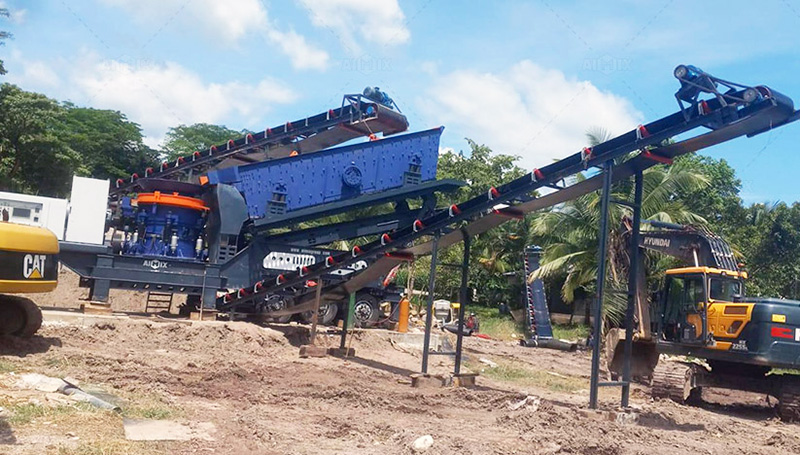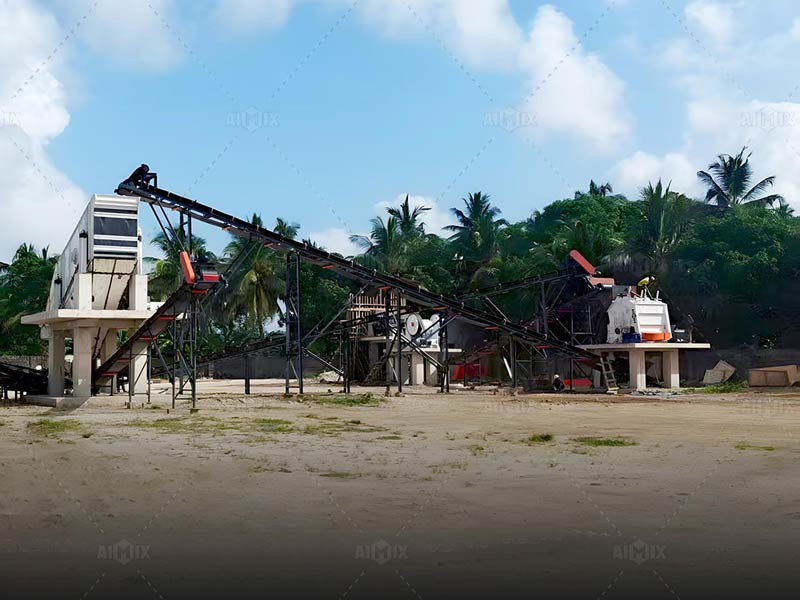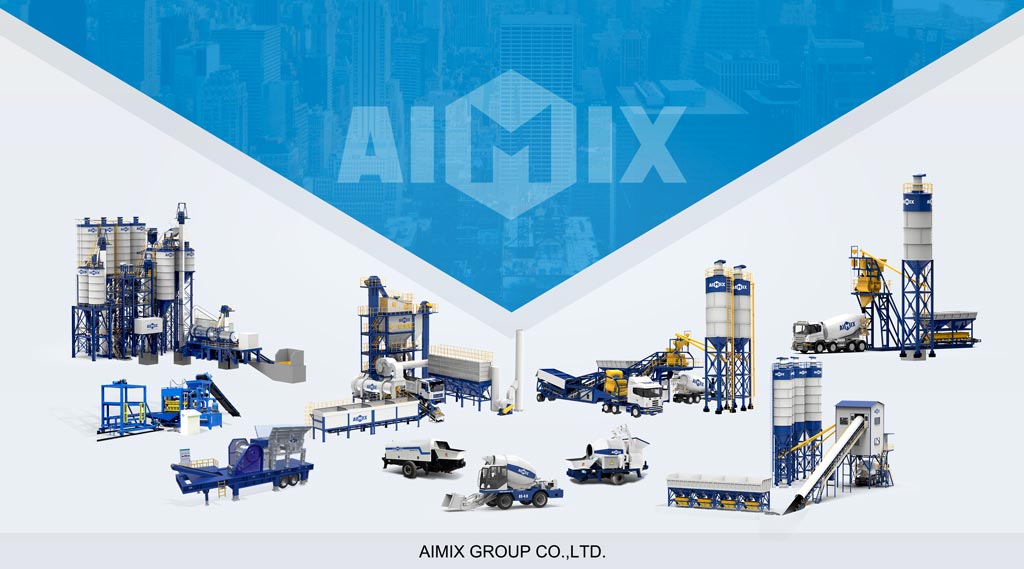Acquiring a 250 tons-per-hour stone crusher represents a substantial investment that can significantly enhance the productivity and profitability of any aggregate operation or large-scale construction project. Understanding the complete financial commitment extends far beyond the initial sticker price, encompassing a complex interplay of equipment specifications, operational considerations, and long-term value propositions. This comprehensive analysis provides clarity on the multifaceted cost structure of these industrial workhorses, empowering potential buyers to make informed decisions that align with both their operational requirements and financial parameters.
The pricing landscape for high-capacity crushing equipment varies considerably based on technological sophistication, brand reputation, and specific application requirements. From bare-bones mechanical crushers to fully automated crushing circuits, the spectrum of available options caters to diverse operational philosophies and budgetary constraints. Navigating this market requires careful consideration of both immediate and lifecycle costs to ensure the selected equipment delivers optimal return on investment throughout its operational lifespan.
Initial Investment and Equipment Configuration
The base 250 tph stone crusher price typically ranges between $200,000 and $500,000, though premium configurations can approach $750,000. This considerable variance reflects fundamental differences in crushing technology, material composition, and control systems. Jaw crushers generally occupy the lower end of this spectrum, while cone crushers and advanced impact crushers command higher prices due to their sophisticated crushing chambers and precision hydraulic systems. The equipment configuration further influences pricing—stationary plants with integrated feeders and conveyors naturally cost more than standalone crushing units requiring separate material handling systems.

Manufacturer provenance significantly impacts pricing structures, with European and American brands typically commanding 20-30% premiums over Asian manufacturers for comparable specifications. These price differentials often reflect variations in component quality, engineering standards, and included warranties rather than mere brand recognition. The most economical approach frequently involves selecting a robust base machine and strategically upgrading critical components rather than opting for fully-loaded premium configurations that may include unnecessary features for specific applications.
Operational and Installation Considerations
Beyond the equipment itself, prospective buyers must budget for installation, commissioning, and ancillary expenses that typically add 15-25% to the base equipment cost. Foundation requirements vary substantially based on types of crusher machine and local soil conditions, with reinforced concrete foundations for large primary crushers potentially reaching $50,000-$80,000. Electrical infrastructure upgrades often represent unexpected expenses, particularly for operations requiring new transformers or power distribution systems to support the crusher’s substantial energy demands.
Operational costs constitute the most significant long-term financial consideration, with power consumption representing the primary ongoing expense. A 250 TPH crusher typically requires 300-400 kW depending on material hardness and reduction ratios, translating to substantial electricity costs under continuous operation. Wear part consumption varies dramatically based on material abrasiveness, with manganese steel jaws and mantles for hard rock applications potentially requiring replacement every 600-800 operating hours. These recurring expenses must be factored into the total cost of ownership calculations to accurately assess the crusher’s economic viability.
Strategic Acquisition Approaches
The purchasing methodology significantly influences both initial outlay and long-term operational costs. Direct manufacturer purchases typically offer the best technical support and warranty protection but may involve higher initial costs. Authorized distributors often provide more flexible financing options and localized spare parts inventories, though their pricing may include additional margin layers. The used equipment market presents attractive opportunities for cost-conscious buyers, with well-maintained 250 TPH crushers available at 40-60% of new equipment pricing, though these purchases carry inherent risks regarding equipment condition and remaining component life.

Financing structures dramatically affect the crusher’s economic impact, with leasing options preserving capital but increasing long-term costs, while cash purchases maximize return on investment but require substantial upfront capital allocation. Many manufacturers offer performance-based guarantees that can mitigate operational risks, though these arrangements typically involve premium pricing. The most astute buyers conduct thorough cost-benefit analyses that consider not only purchase price but also operational efficiency, maintenance requirements, and resale value to determine the optimal acquisition strategy for their specific circumstances.
The true cost of a 250 TPH stone crusher plant extends far beyond its purchase price, encompassing installation expenses, operational costs, and maintenance requirements that collectively determine its economic viability. By carefully evaluating these factors and selecting equipment that matches both operational needs and financial capabilities, buyers can ensure their investment delivers maximum productivity and profitability throughout its operational life. The most successful acquisitions result from comprehensive due diligence that balances initial investment against long-term performance and operational efficiency.

Comments
No comments yet. Be the first to react!